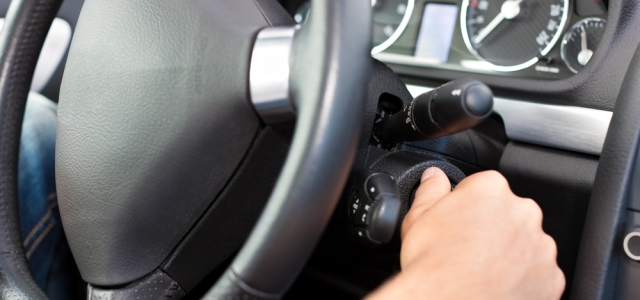 In a stark change from the harmful measures that swept across states in previous years, 2013 has started out as a good year for immigration reform at the state level. Lawmakers continue to push for pro-immigrant policies to help immigrants already living in the U.S., while the Georgia legislature’s passage of an anti-immigrant bill stands out as an outlier instead of the norm. There have been resolutions endorsing the need for immigration reform and bipartisan support for allowing undocumented immigrants to pay in-state tuition at state colleges and universities. And in several states, lawmakers either have passed or are pushing for policy changes so that undocumented immigrants can apply for driver’s licenses.
In a stark change from the harmful measures that swept across states in previous years, 2013 has started out as a good year for immigration reform at the state level. Lawmakers continue to push for pro-immigrant policies to help immigrants already living in the U.S., while the Georgia legislature’s passage of an anti-immigrant bill stands out as an outlier instead of the norm. There have been resolutions endorsing the need for immigration reform and bipartisan support for allowing undocumented immigrants to pay in-state tuition at state colleges and universities. And in several states, lawmakers either have passed or are pushing for policy changes so that undocumented immigrants can apply for driver’s licenses.
In Oregon, for example, the state Senate approved a bill by a 20-7 vote that would grant short-term driver’s licenses to undocumented immigrants. That is a significant change from five years ago when Oregon state legislators passed a measure requiring proof of citizenship or lawful residency to get a license. The bill now goes to the House for consideration. The Colorado Senate also passed legislation allowing undocumented immigrants to apply for driver’s licenses. The policy change would create a separate category of driver’s licenses for undocumented immigrants that would be marked to “specify that the license is not valid for federal purposes, voting or public benefits.” Despite amendments to the bill before it passed, advocates said the bill still accomplishes its purpose. “The end result is still a driver’s license that will be accepted by law enforcement in our state,” said Tania Valenza, a volunteer with Driver’s Licenses for All. Outside of these two states, lawmakers are still considering driver’s license bills in California and Texas, while Democrats in Connecticut are renewing their push for the measure. Residents in Illinois, New Mexico, and Washington already can apply for driver’s licenses regardless of immigration status, and Utah allows undocumented immigrants to have driver’s permits, which cannot be used for identification.
On top of efforts in state legislatures for undocumented immigrants to have driver’s licenses, governors or state officials in every state except Arizona and Nebraska have confirmed that undocumented immigrants who receive temporary legal status through Deferred Action for Childhood Arrivals (DACA) policy can apply for driver’s licenses.
Having a driver’s license enables undocumented immigrants who have lived in the U.S. for years to go to work, take their children to school, and generally get around without fear of deportation for driving without a license. And allowing undocumented immigrants to apply for driver’s licenses could help public safety. Having drivers be licensed and insured helps to make roads safer. In Illinois, for example, uninsured drivers were estimated to cost $64 million in damage claims. Additionally, a study released in January by the California Department of Motor Vehicles found that unlicensed drivers in the state – most of whom are undocumented immigrants – are three times more likely to be involved in a fatal car accident. But having drivers meet “modest requirements necessary to get a license,” like passing a written exam and driving test, could help reduce the number of fatalities, the report suggested. Some advocates and officials told the Los Angeles Times earlier this year that the study bolsters the case for why the state should permit undocumented immigrants to apply for driver’s licenses.
There is much to be done at the federal level to improve U.S. immigration policy as a whole, but these changes at the state level are complementary to national immigration reform efforts. The Senate has already held a hearing on the Gang of Eight’s immigration bill, and other measures could be introduced in the House. But in the meantime, state driver’s license efforts will allow immigrants to drive legally and make the roads safer for us all.
FILED UNDER: DACA, Deferred Action, undocumented immigration


